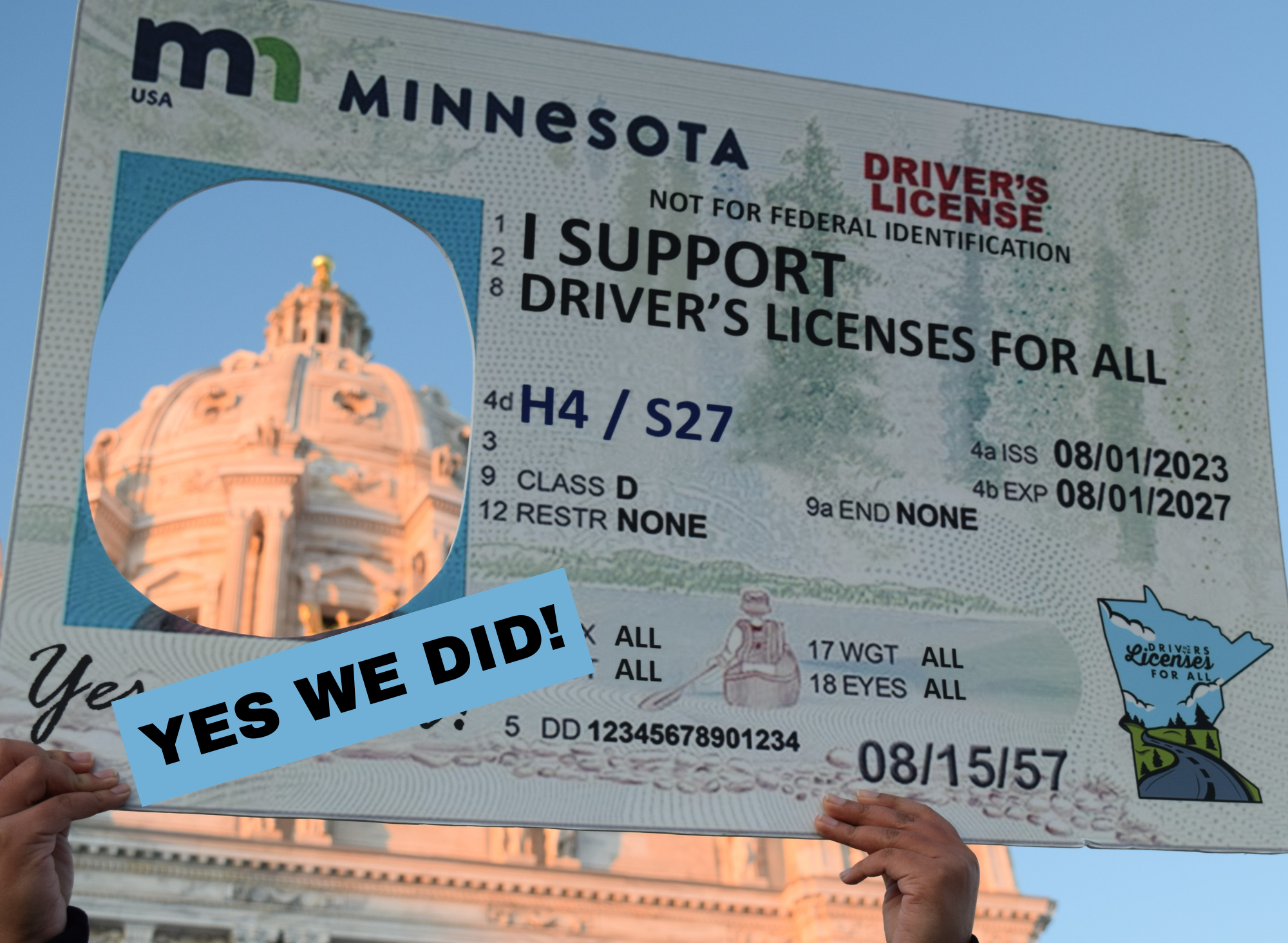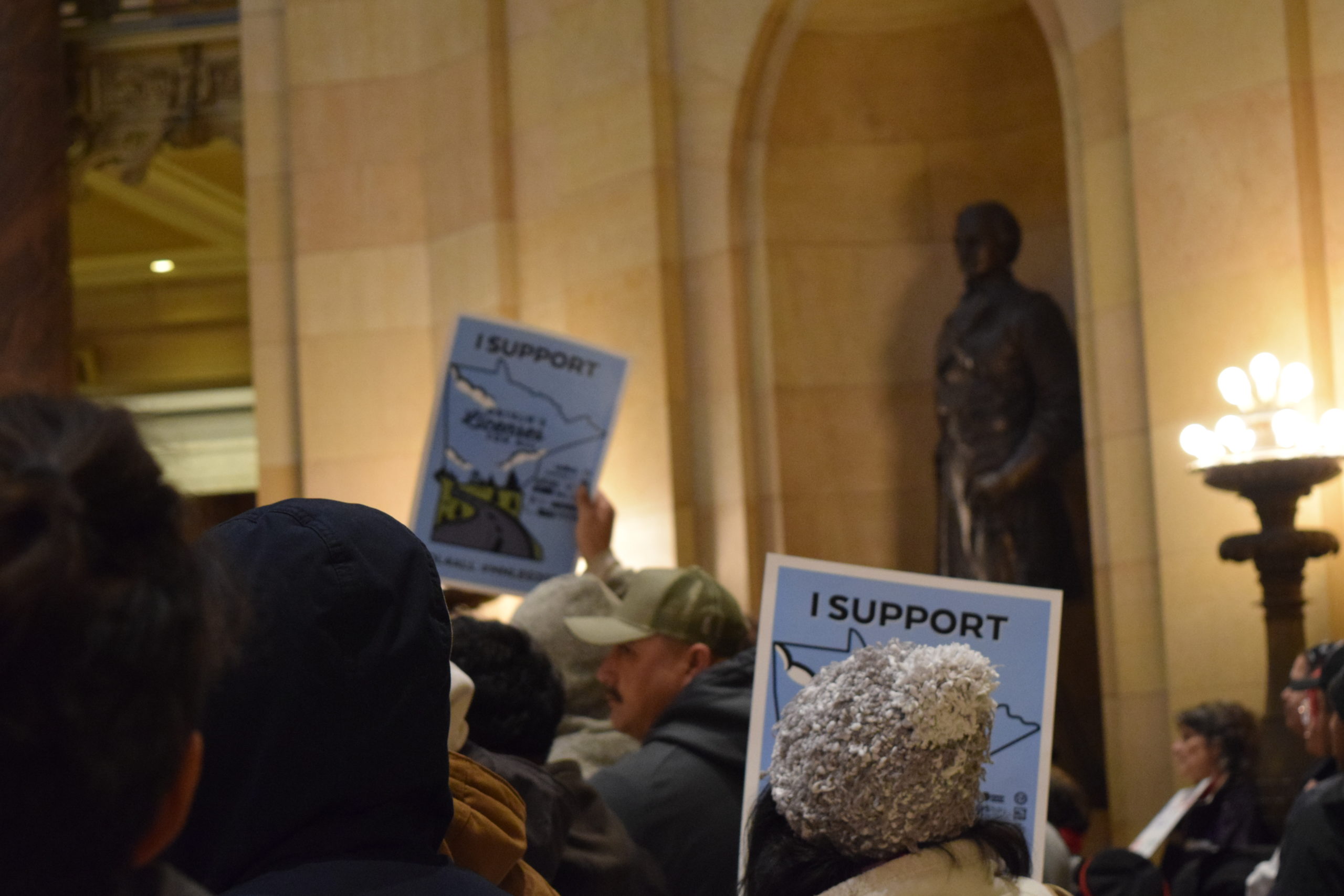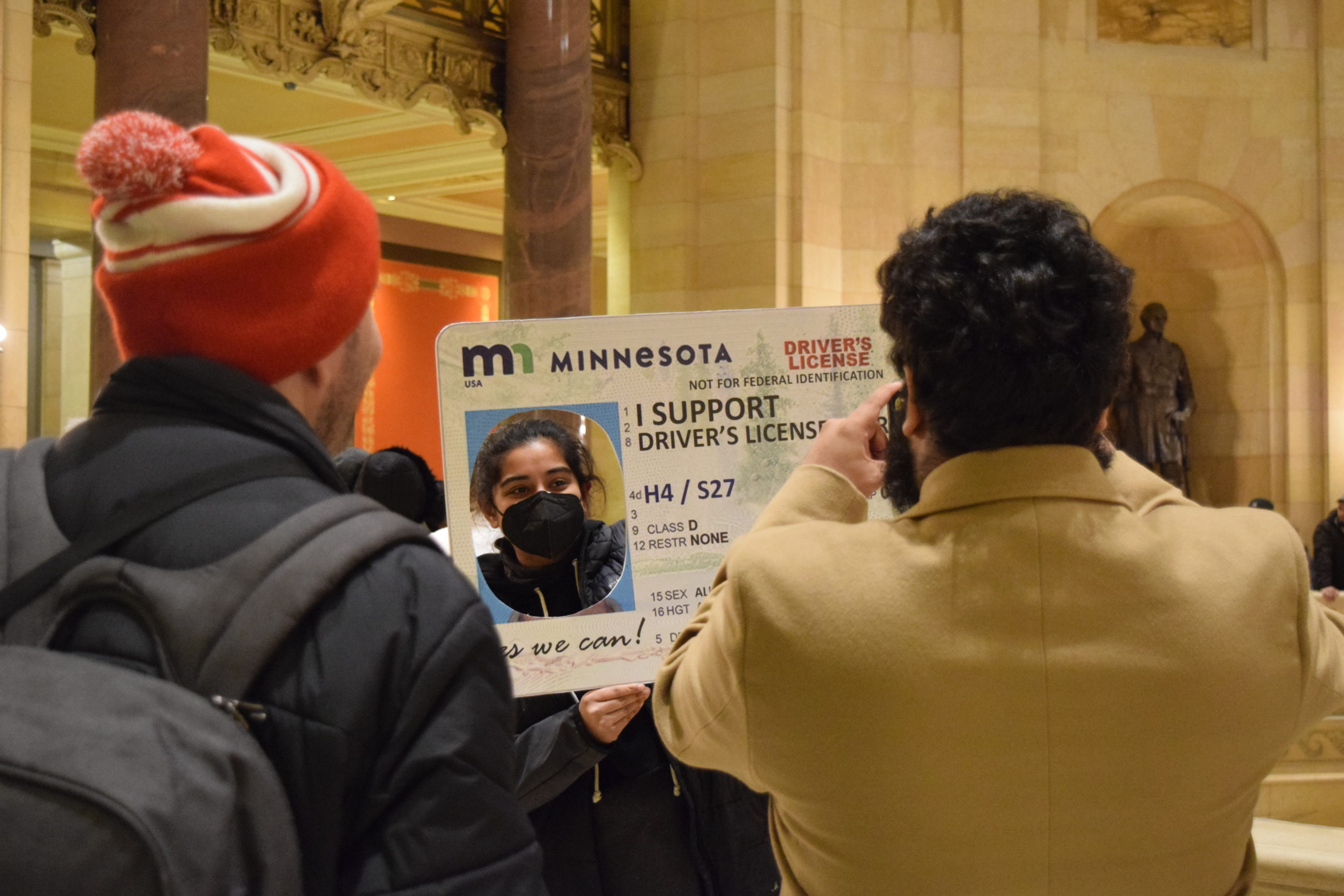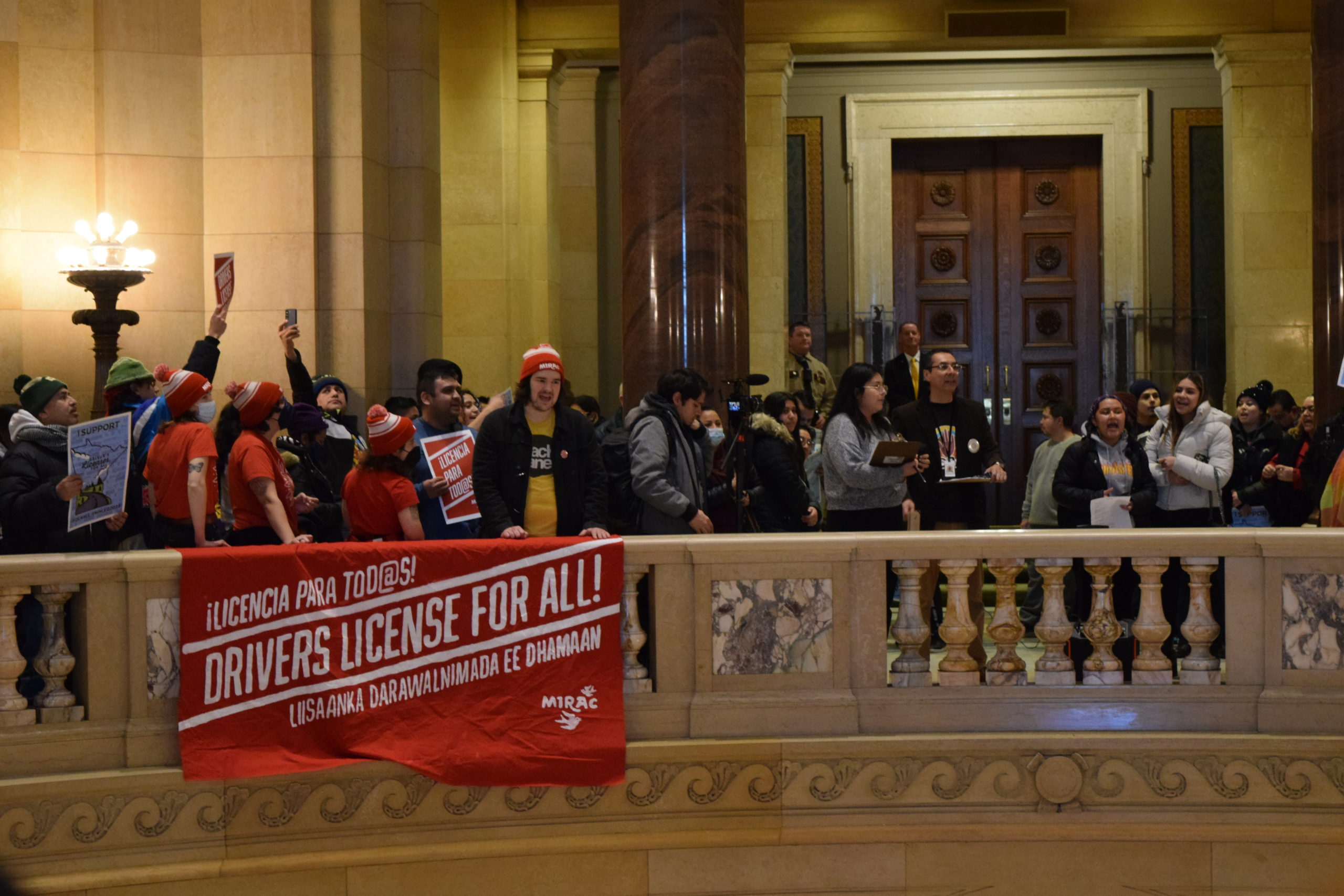The following information is to assist social service providers in helping immigrant and refugee clients. This is not legal advice. Please consult an attorney for specific legal questions. Last updated February 4, 2025.
Encountering ICE at Work/Office
- Do not allow ICE entry. Law enforcement may not enter the private spaces of an establishment without a valid warrant or permission.
- Whoever is interacting with the officers should ask for identification and a warrant. The warrant is only valid if it correctly lists the establishment, has the proper date, and is signed by a judge.
- If the warrant is not valid, you can say, “This warrant is not valid. You may not enter. Please leave.”
- If the officers enter anyway or if the warrant is valid, you still have rights. You have the right to remain silent and the right to an attorney.
- Document everything you can during the search including the agency the officers are from, officer names, officer badge numbers, witness information and any actions taken by officers.
Know Your Rights
Help protect your clients and staff. Know your rights and how to exercise them. Review these documents created by the National Immigration Law Center.
A Guide for Employers: What to Do if Immigration Comes to Your Workplace
Factsheet: Trump’s Rescission of Protected Areas Policies Undermines Safety for All
Warrants & Subpoenas: What to Look Out for and How to Respond
Guide to Immigrant Eligibility for Federal Programs








